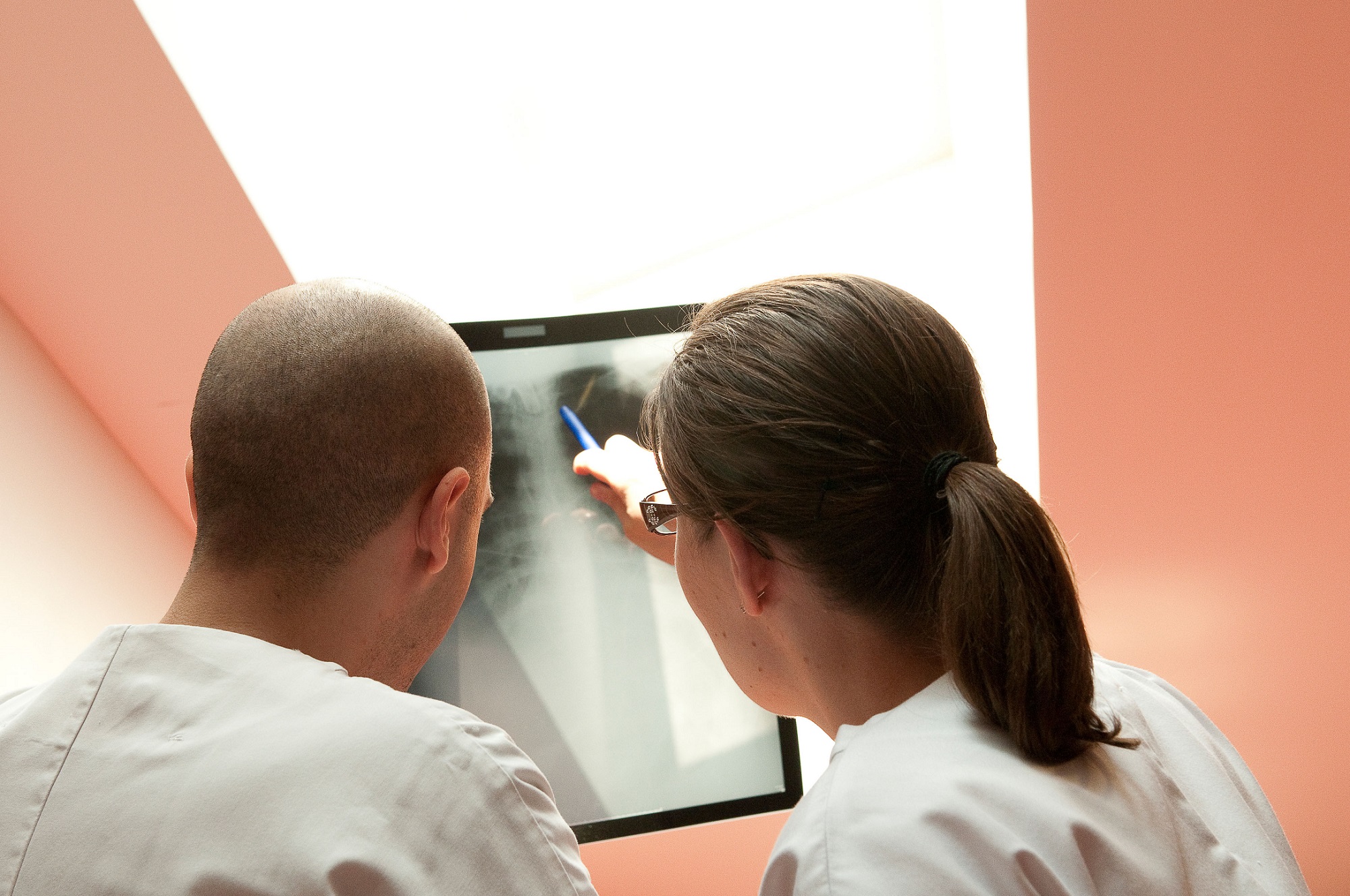The NHS Must Direct Resources Into Earlier Cancer Diagnosis
NHS waiting lists have risen as a result of the Coronavirus pandemic
4 min read
It is vital the NHS strains every sinew to detect cancers that may have gone undiagnosed during the pandemic.
Though the UK’s cancer survival rates continue to improve, they lag behind those of comparable healthcare systems abroad. The main reason is that the NHS tends to diagnose cancers later, when they are in their advanced stages and when treatment has less chance of success. The key is therefore to encourage the NHS to better embrace earlier diagnosis, thereby greatly increasing the chances of successful treatment and upping survival rates.
The coronavirus pandemic will have heightened this issue of late diagnosis, as a large number of people who may have sought advice from their GP about lumps, bumps, aches and pains did not do so. These people may have reasoned that the NHS had more pressing matters, and perhaps took the instruction to “Protect the NHS” too much to heart. For those who did come forward, it also remains to be established what effect remote GP appointments may have had in catching cancers early.
Macmillan Cancer Support estimates there is a backlog of around 47,000 people who have not yet been diagnosed with some form of cancer as a direct result of the pandemic. The same analysis shows that in some months the number of women diagnosed with stage four breast cancer (the most advanced stage) is almost 50 per cent higher than expected.
It is therefore essential that the NHS strains every sinew to detect these cancers, and a proportion of the sizeable extra resources the government is putting into the health service as part of its catch-up efforts should be directed towards this aim. These could involve redoubled efforts into cancer screening campaigns, symptom awareness initiatives and faster diagnostic pathways.
However, the UK’s comparatively poor survival rates mean that a more fundamental reform is required. This I came to appreciate as chair of the APPG on Cancer for nearly 10 years, as all too often I came across cases of cancer patients who had presented to the NHS multiple times, sometimes over many years, with symptoms which were eventually diagnosed as cancer, but often sadly far too late. The recent media coverage of Jo Georgiou, who was finally diagnosed with stage four sarcoma after going to her GP for five years with a lump on her knee, underlines the urgency of the situation.

The APPG on Cancer campaigned, with some success, to get the NHS to pay greater attention to outcome measures, which measure the success of the NHS’s activities rather than its overall throughput. We settled on one-year survival rates – the number of patients who survive one year from their initial diagnosis – as an initial indicator for earlier diagnosis, given that timely diagnosis makes for better survival rates.
However, we often found that in-practice outcome measures played second fiddle to “process targets,” which measure performance against process benchmarks (such as waiting times), especially when the release of funds was linked to performance against these metrics.
Accordingly, during the recent passage of the Health and Care Bill through the Commons I tabled an amendment to encourage the NHS to encourage earlier diagnosis by focusing more on outcome measures. The amendment received the backing of 80 cross-party MPs, and we were very pleased when the government accepted it. It is now in the bill, with some minor amendments agreed with the government in the Lords regarding some outstanding matters, and should make a real difference to cancer patients and their families.
The government once estimated that an extra 10,000 lives could be saved each year if we matched the best survival rates in Europe, and the backlog caused by the coronavirus pandemic elevates still further the importance of catching cancers in their early stages. My hope and expectation is that the NHS will rise to the challenge.
John Baron is the Conservative MP for Basildon and Billericay
